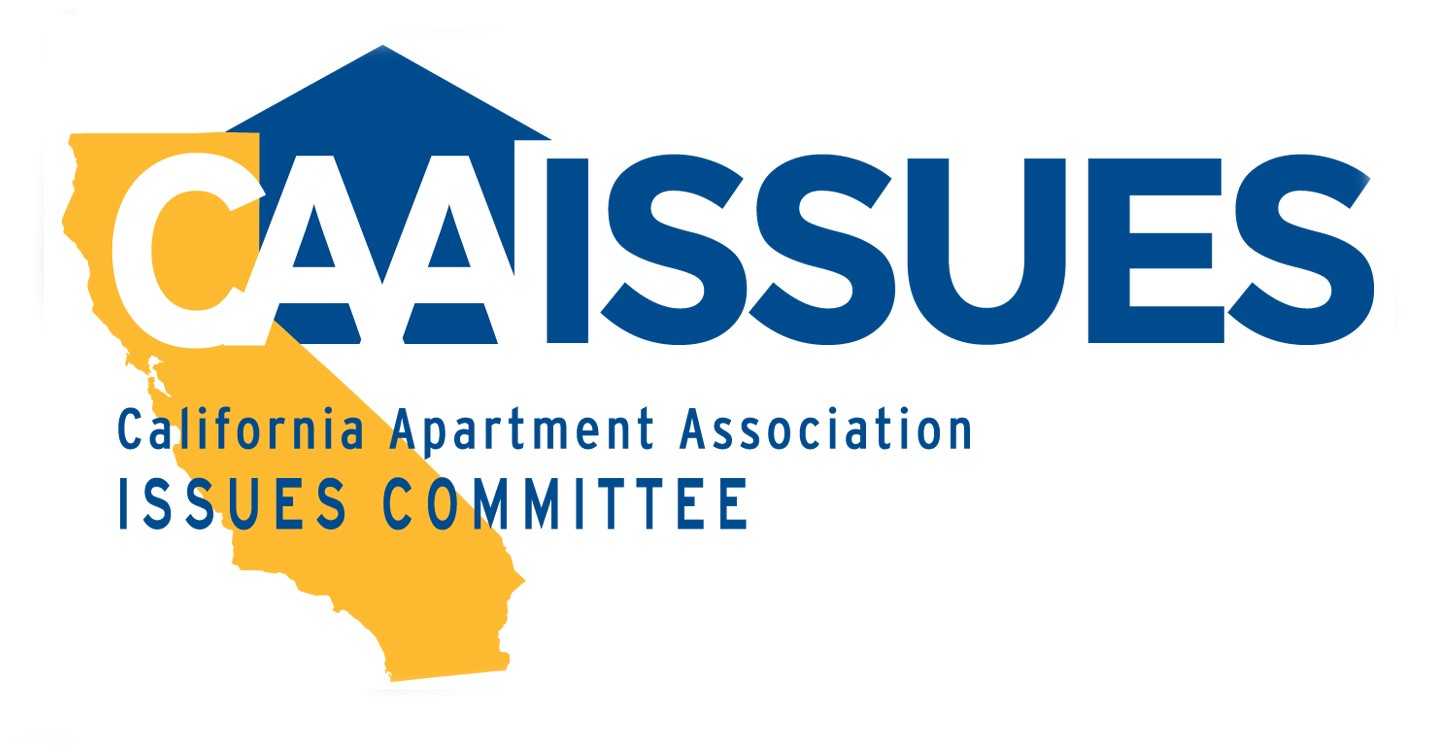The California Apartment Association and state Sen. Jerry Hill, D-San Mateo, believe legislation spelling this out is necessary — and would help prevent all too frequent scams associated with the practice.
In addition to requiring those who offer prepaid rental listings to hold a real estate license, Hill’s SB 269 would mandate that those selling prepaid rental lists include their real estate license number on contracts with prospective tenants.
A prospective tenant might want to buy a prepaid rental list to avoid the time and hassle of searching through classified ads, scouring Craigslist, searching rental-housing websites — and even driving through neighborhoods in search of that perfect apartment.
When it works the way it should, a would-be tenant tells a PRLS company the type of rental unit he or she wants, including location and price range. The company, sort of like a matchmaker, comes back with a an up-to-date list of prospects that meet the customer’s criteria. If the tenant doesn’t find an apartment from the list, he or she gets a refund.
Only those with real estate licenses should have the legal right to sell prepaid rental listings to prospective tenants.
Unfortunately, this business is rife with fraud.
Under current law, a prepaid rental listing service only needs a PRLS license – and it’s not difficult to obtain one. It just takes passing a background check, posting a $10,000 bond and paying a $100 licensing fee. With the bar set so low, scam artists abound.
An unscrupulous PRLS peddler might collect a fee and provide a list of properties to the apartment hunter that includes units that have already been rented, never were for rent — or maybe don’t even exist.
The customer ends up with no apartment — and never gets the money back.
By requiring a real estate license to sell these customized lists, safeguards would take effect. First off, getting a real estate license is more difficult than obtaining a PRLS license, so many con artists would never start doing business, at least not legally.
Moreover, the bill would require that, before collecting any fees, licensed real estate brokers notify customers of their contractual refund rights and the complaint process.
Any unscrupulous list sellers who remain in the game would be subject to consumer complaints and held liable for restitution. The Department of Real Estate also would get the authority to cite and fine unlicensed PRLS firms.
It is in the best interest of rental housing customers — and the apartment industry — to rid the market of all types of fraud. Hill’s SB 269 should head to the governor for the sake of honest landlords, real estate professionals and renters.


